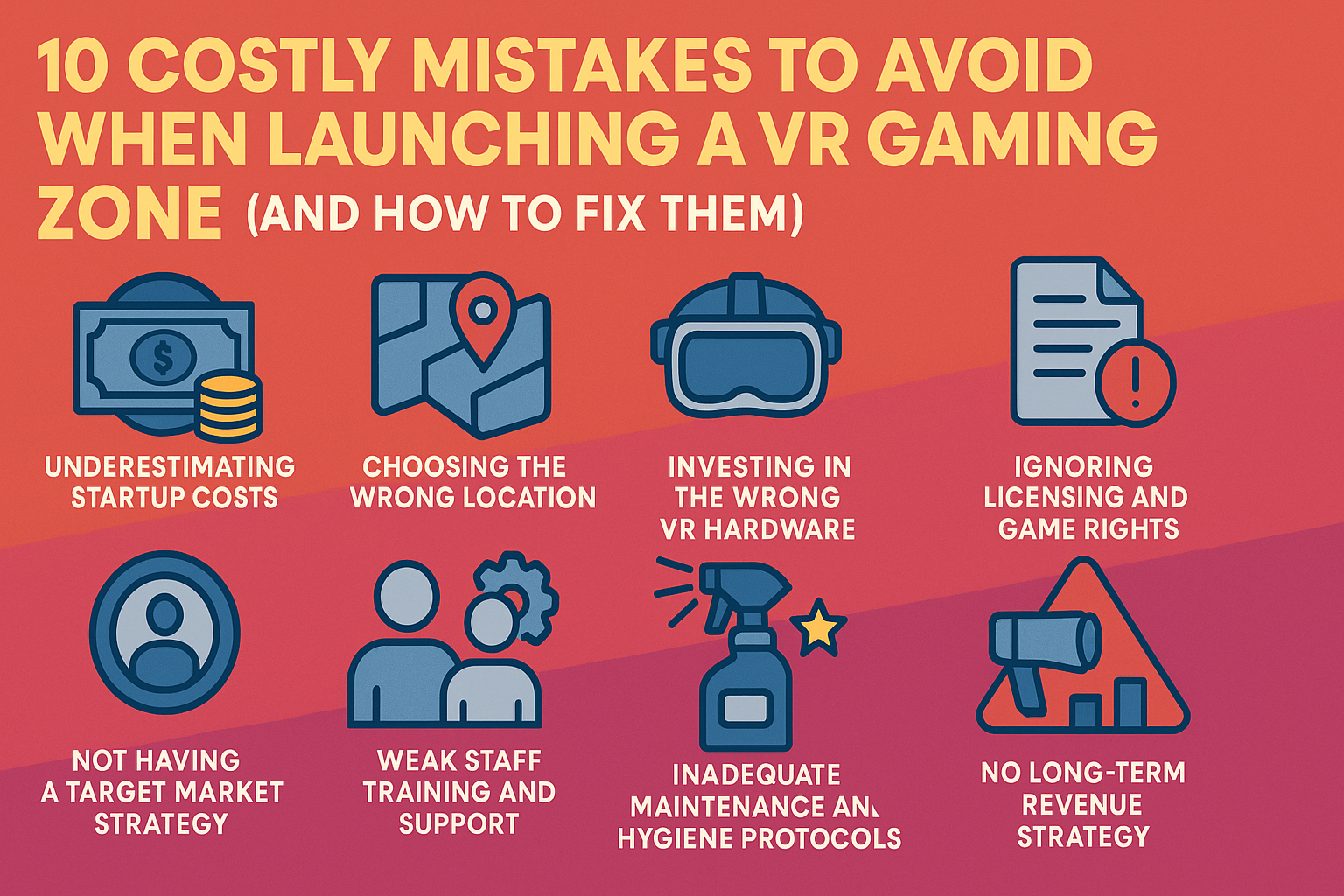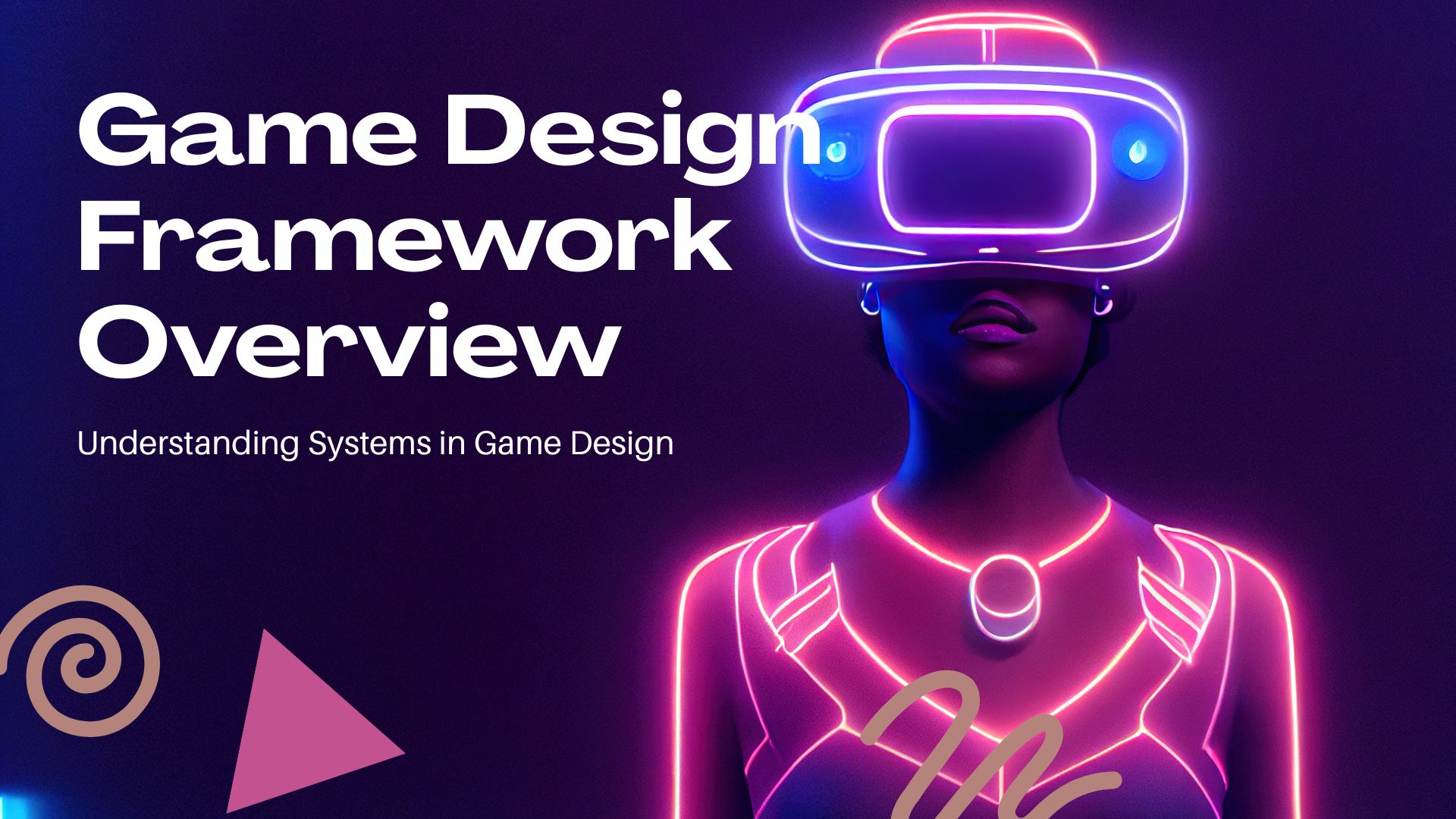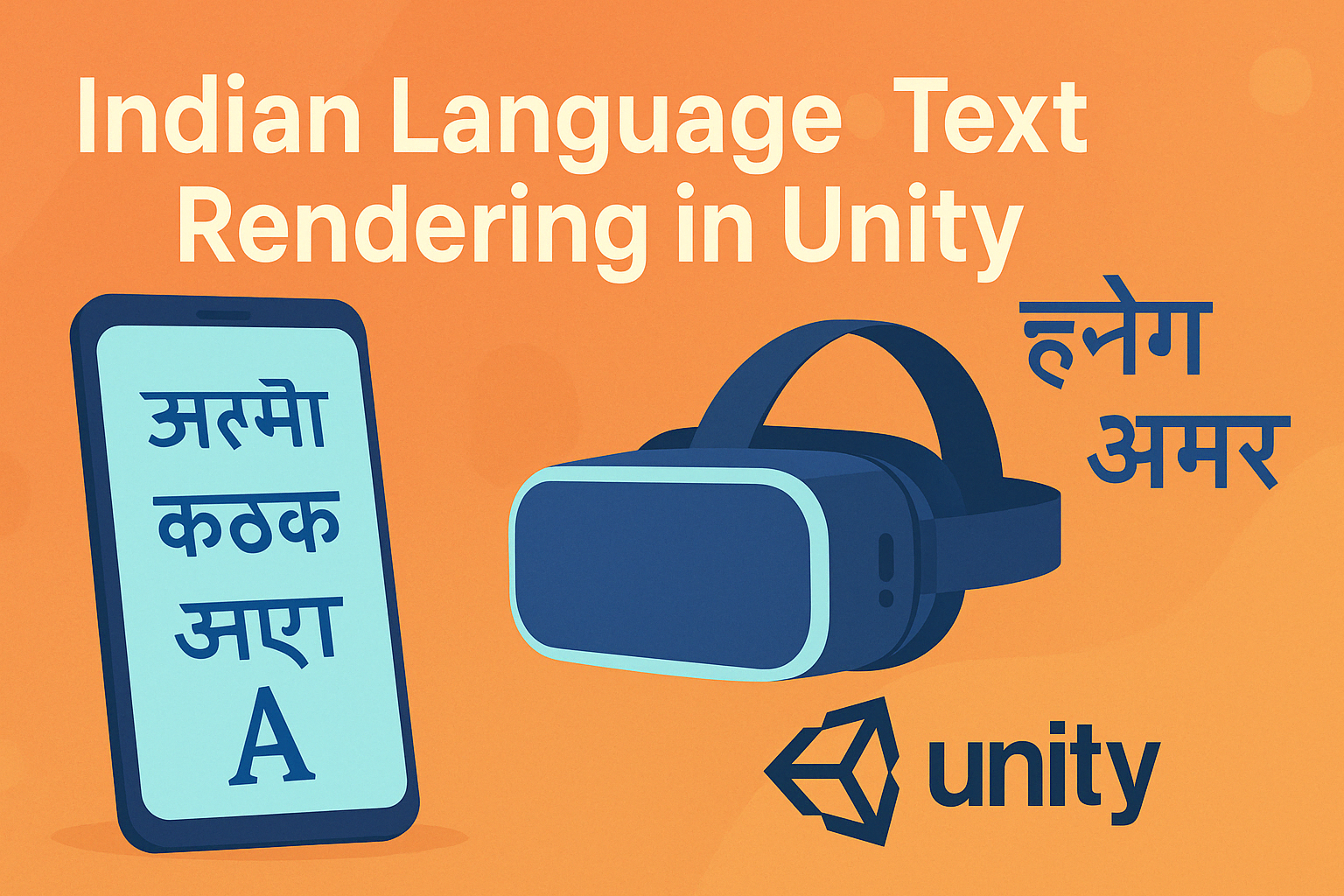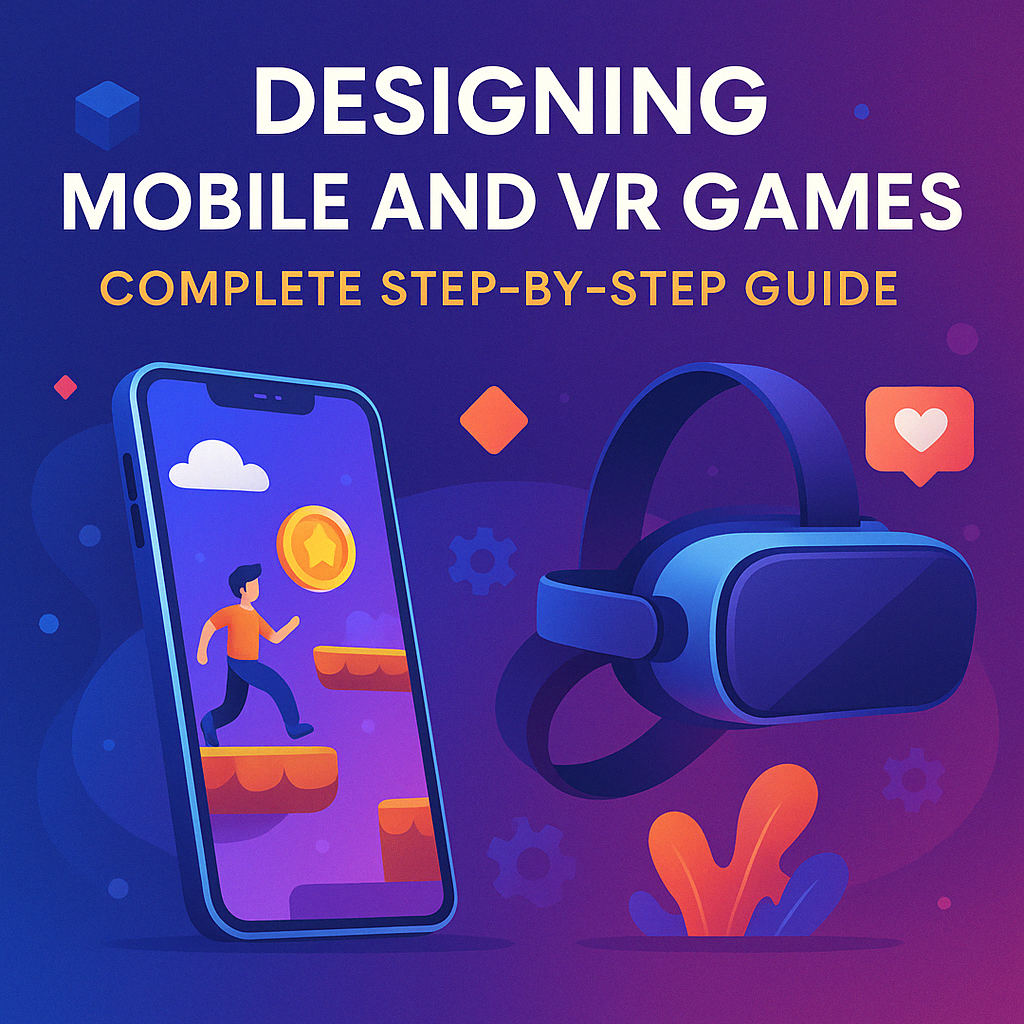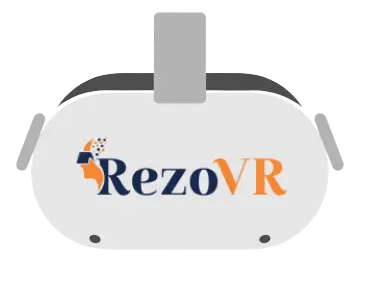The healthcare industry has undergone significant changes in recent years. The augmented and virtual reality in healthcare has revolutionized the industry, surpassing traditional methods. The virtual reality healthcare market is thriving, delivering profound impacts. Let us explore the numerous benefits of virtual reality in healthcare.
What is virtual reality in healthcare?
Virtual reality in healthcare refers to the cutting-edge integration of immersive digital technology. It involves the use of VR headsets and simulations to create environments that are computer-generated and closely resemble real-life settings. The benefits of virtual reality in healthcare has proven to be beneficial for both patients and healthcare professionals alike. By offering immersive experiences that mimic actual scenarios, virtual reality aims to enhance patient care, revolutionize medical training, and transform various aspects of the healthcare industry. These endeavors result in improved outcomes, heightened engagement, and innovative solutions to address challenges within the field of healthcare.
Role of virtual reality in healthcare
The role of the virtual reality healthcare market extends to both medical practitioners and patients. Unique benefits of virtual reality in healthcare enhance their experiences with its immersive capabilities and advanced technology.
Use of virtual reality in healthcare for Patients:
Virtual reality improves the overall well-being of patients. It supports pain management by distracting from discomfort, anxiety, or pain during medical procedures. VR makes treatments more tolerable and less stressful. Thus, VR efficiently improves mental health. Patients can control and manage fears using exposure therapy, relaxation techniques, and immersive interventions. This approach is beneficial for individuals dealing with conditions like post-traumatic stress disorder (PTSD), phobias, and various anxiety disorders. VR stands out as a therapeutic support for patients’ mental health and well-being.
Use of virtual reality in healthcare for medical practitioners:
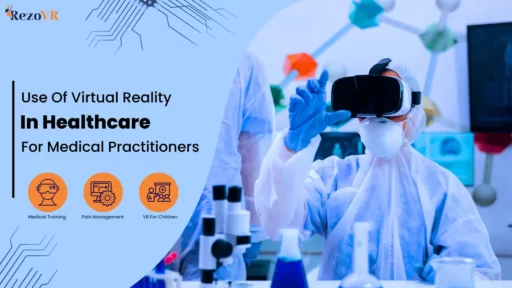

Virtual reality has gained significant traction in the healthcare industry. This emerging technology empowers healthcare professionals to enhance the service provided to their patients. Through immersive and precise learning experiences, practitioners can offer accurate treatments tailored to individual needs. The overarching result is an improved healthcare landscape that delivers more effective and personalized services.
VR has revolutionized how medical practitioners approach virtual reality healthcare training and skill development. Through immersive virtual reality technology, healthcare professionals now have the incredible opportunity to refine their expertise in a completely safe environment, experiencing various medical procedures and surgeries. The integration of virtual reality applications is essential in healthcare education as it enhances the competence and confidence of medical practitioners, ensuring they stay updated with the latest advances in the field. Furthermore, virtual reality aids in precise surgical planning and offers valuable intraoperative guidance.
Clinical experts can deliver enhanced medical service standards with patient-explicit 3D information and real-time VR overlays. By utilising this data, healthcare specialists can give quality service and achieve better surgical results.
Benefits of current virtual reality applications in healthcare
Healthcare’s booming augmented and virtual reality in healthcare is no longer only a topic of conversation. It’s a practical arsenal that can improve the effect on patient outcomes and training for healthcare providers. Different uses of virtual reality in healthcare provide an assortment of benefits. Examples of such applications include:
Medical Training and Education
Virtual reality healthcare training and education for clinical experts is an important step for improving and maintaining medical healthcare services. With appropriate training and education, healthcare professionals can keep up with the latest healthcare information, innovations, and practices.
In medical care, Virtual Reality has a captivating application that includes working on healthcare training and education. Through virtual reality simulation, healthcare experts and can practice realistic medical scenarios, replicate surgeries, patient interaction, and emergencies. This cutting-edge approach gives proficiency and confidence without putting patients at risk. Without a doubt, the effect of virtual reality healthcare training prompts better patient care.
Pain Management
The issue of chronic pain in healthcare is a continuous issue. The traditional methods to treat pain come with multiple limitations and side effects. The approach of virtual reality presents an exceptional way to deal with this issue. Patients can track down relief from their chronic pain by diving into a virtual reality that distracts them from their pain. As per research, virtual reality has been demonstrated to diminish the impression of pain and anxiety during operations. This makes VR an invaluable tool for improving patient experience.
Exposure Therapy
Exposure therapy is a methodology that expects patients to confront their fears in a protected and controlled climate. Virtual reality is making revolutionary progress in the field of mental wellness and psychological research. Through VR exposure treatment, people with issues like PTSD (Post-traumatic stress disorder) and phobias can really face their fears in a safe and virtual environment. Utilizing virtual reality, patients can dynamically desensitize themselves to their triggers that cause distress.
Physical Rehabilitation
Recovery after injury or medical procedure can be a long and testing process. Virtual reality can make this cycle seriously engaging and motivating for patients. By submerging themselves in VR games and activities, patients are bound to stick to their recovery schedules. It decreases the risk of difficulties related to inactivity.
Enhanced diagnostics and visualization
Complex information produced by imaging methods, like X-ray, MRI and CT scan present difficulties with regard to interpretation. Virtual reality offers an answer by changing this information into three-dimensional visualization. This enables healthcare experts to investigate a patient’s anatomy intuitively, improving accuracy in diagnostics and surgical planning.
The future of virtual reality in healthcare
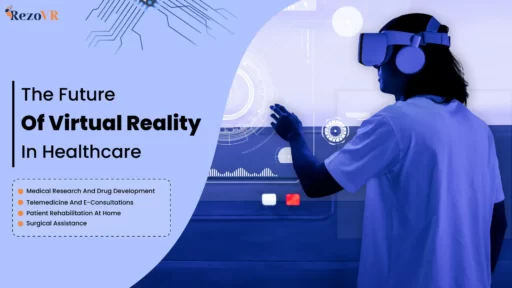

The current virtual reality applications in healthcare are only the tip of the iceberg. The future of virtual reality in healthcare holds immense promise, with several exciting developments on the horizon.
Telemedicine and e-consultations
Telemedicine has gained importance during the global health crisis. Virtual reality can upgrade the telemedicine experience with the help of online consultations. Patients can cooperate with their healthcare provider in a virtual setting, which improves the sensation of presence and personal connection.
Surgical assistance
Surgeons are progressively embracing virtual reality, for arranging and directing before and during medical operations or surgery. It permits them to practice complicated procedures in a risk-free environment. Co-surgeons can also provide real-time assistance and 3D visualizations that help them during the actual medical surgery.
Medical research and drug development
Virtual reality (VR) can improve medical research and drug development. Furthermore, it can possibly accelerate the discovery process and medication improvement by permitting scientists to simulate and evaluate the effect of medications on the human body. This imaginative innovation smoothes out the research process and dependency on animal testing.
Patient Rehabilitation at Home
With the expanded accessibility of virtual reality innovation, patients may now have the option to get solutions for VR-based practices they can enact in their own homes. This could significantly affect medical care by enabling patients to go through their recovery schedules in a way that is more helpful and savvy.
Utilizing Virtual Reality for Mental Health Treatment
The potential applications of virtual reality in treating mental health disorders are projected to broaden significantly. VR therapy sessions might eventually become commonplace treatments for conditions running the gamut from anxiety and depression through cognitive rehabilitation therapies designed for combating neurodegenerative diseases.
Final Thoughts: Benefits of Virtual Reality in Healthcare
To sum up, the use of virtual reality in healthcare services marks a huge paradigm shift that promises to revolutionize this field forever. From enhancing medical training to supercharging patient care and diagnosis methods, the use of virtual reality in healthcare systems will completely reshape how we deliver medical attention. Looking forward, the future of virtual reality in healthcare will introduce even more innovative solutions making healthcare experiences more accessible, efficient, and ultimately patient-centric than they ever were before. The rapidly expanding virtual reality healthcare market assures us that our future revolves around these transformative advancements at a large scale wherein the question is not when but how far-reaching will its transformative impact be on the healthcare sector.
FAQs:
How is virtual reality used in healthcare?
Virtual reality is transforming the way medical training is conducted by offering realistic simulations as a means for students and professionals to practise various procedures and surgeries. This results in healthcare providers who are more adept and confident in their skills. Furthermore, VR has proved to be a valuable tool in pain management during treatments, effectively diverting patients’ attention from discomfort and reducing their anxiety. It is also instrumental in the realm of mental health treatment, providing exposure therapy and relaxation techniques within controlled virtual environments.
How virtual reality is changing healthcare?
The impact of healthcare virtual reality stretches beyond these immediate applications. It facilitates the precise planning of surgical procedures, increases patient engagement, and enhances diagnostics through immersive visualisations of intricate medical data. Moreover, VR is advancing the field of telemedicine by enabling immersive virtual consultations, making healthcare more easily accessible to patients in remote locations.
What are the types of virtual reality used in healthcare?
There are mainly two types: immersive VR, which immerses users with headsets in a virtual world, and augmented reality (AR), which overlays digital data onto the real world.


